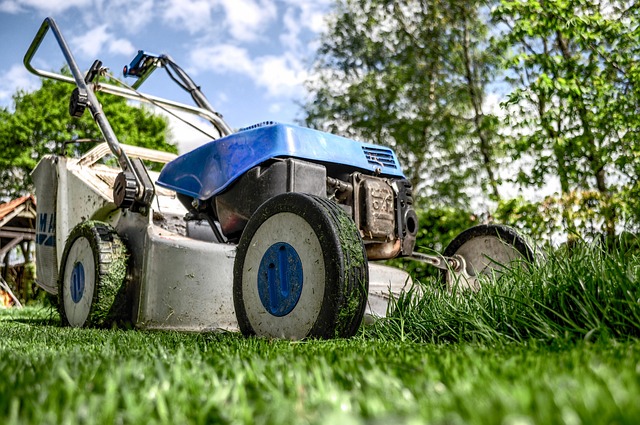Yard Waste Removal and Recycling (YWRR) is a growing movement towards sustainability, shifting from traditional landfill disposal to composting organic materials like grass clippings and leaves. Educational initiatives play a vital role in promoting this change by teaching the public about YWRR's environmental benefits, including reduced methane emissions, healthier soils, and decreased need for synthetic fertilizers. Through workshops, community events, and online resources, these programs empower individuals to make informed choices, contributing to a culture of responsible waste management that fosters a cleaner, more sustainable future.
Composting and recycling education are essential components of sustainable living. In this article, we explore effective strategies for yard waste removal and recycling, beyond the conventional paper and plastic. We delve into the basics of composting, offering insights on transforming organic waste into valuable resources. Additionally, we highlight community initiatives that promote educational programs fostering sustainable practices. By empowering individuals with knowledge, these efforts drive positive change in how we manage our waste, contributing to a greener future.
- Understanding Yard Waste Removal: The Basics of Composting
- Recycling Beyond Paper and Plastic: Exploring Organic Options
- Empowering Communities: Educational Initiatives for Sustainable Practices
Understanding Yard Waste Removal: The Basics of Composting

Understanding Yard Waste Removal is a fundamental step in adopting sustainable practices. In many communities, yard waste removal refers to the collection and disposal of organic materials like grass clippings, leaves, and garden trimmings from residential properties. Traditionally, this waste ends up in landfills, contributing to methane emissions and environmental degradation. However, with proper education, residents can learn how to compost these very same materials at home or through local community programs.
Composting is a natural process that transforms organic matter into nutrient-rich soil amendments. By diverting yard waste from landfills and using it for composting, individuals contribute significantly to recycling and reducing their environmental footprint. This practice not only minimizes landfill space but also promotes healthier soils, reduces the need for synthetic fertilizers, and fosters a more sustainable cycle of resource utilization.
Recycling Beyond Paper and Plastic: Exploring Organic Options

In recent years, recycling efforts have evolved beyond just paper and plastic, recognizing the vast potential in organic waste materials. Composting, a natural process that transforms organic matter into nutrient-rich soil amendments, is gaining traction as an effective method for diverting yard waste from landfills. By understanding the basics of composting and integrating it into our daily routines, we can significantly reduce our environmental impact. This shift towards composting not only minimizes the volume of waste but also offers a valuable resource for gardening and agriculture.
Educational initiatives play a pivotal role in promoting responsible disposal practices by teaching individuals about the benefits of recycling organic options. Schools, community centers, and local governments are increasingly collaborating to implement programs that encourage the collection and processing of yard waste. These efforts ensure that materials like food scraps, garden clippings, and leaves are properly recycled, thereby reducing the strain on traditional waste management systems. Effective education can inspire people to adopt more sustainable habits, fostering a culture where organic recycling is seen as an integral part of daily life, much like proper paper and plastic disposal.
Empowering Communities: Educational Initiatives for Sustainable Practices

Educational initiatives focused on composting and recycling play a pivotal role in empowering communities to embrace sustainable practices. By providing knowledge and resources, these programs enable folks to make informed choices that go beyond mere disposal. In today’s digital era, where information is readily accessible, successful education initiatives utilize various tools like workshops, community events, and online platforms to engage residents.
Through interactive sessions on topics such as proper yard waste removal and recycling techniques, communities can reduce their environmental footprint significantly. These educational efforts foster a culture of responsibility, encouraging individuals to consider the impact of their actions on the local ecosystem. As a result, empowered communities are better equipped to contribute to a cleaner, more sustainable environment, ensuring a healthier future for everyone.
By educating communities about the benefits of composting and recycling organic waste, we can significantly reduce our environmental impact. Understanding yard waste removal methods, expanding beyond typical materials like paper and plastic, and empowering local initiatives are key steps towards a more sustainable future. Integrating these practices into daily life not only minimizes landfill contributions but also fosters healthier ecosystems and resilient communities. Let’s continue to promote and support educational programs that drive positive change in how we manage and recycle yard waste.
